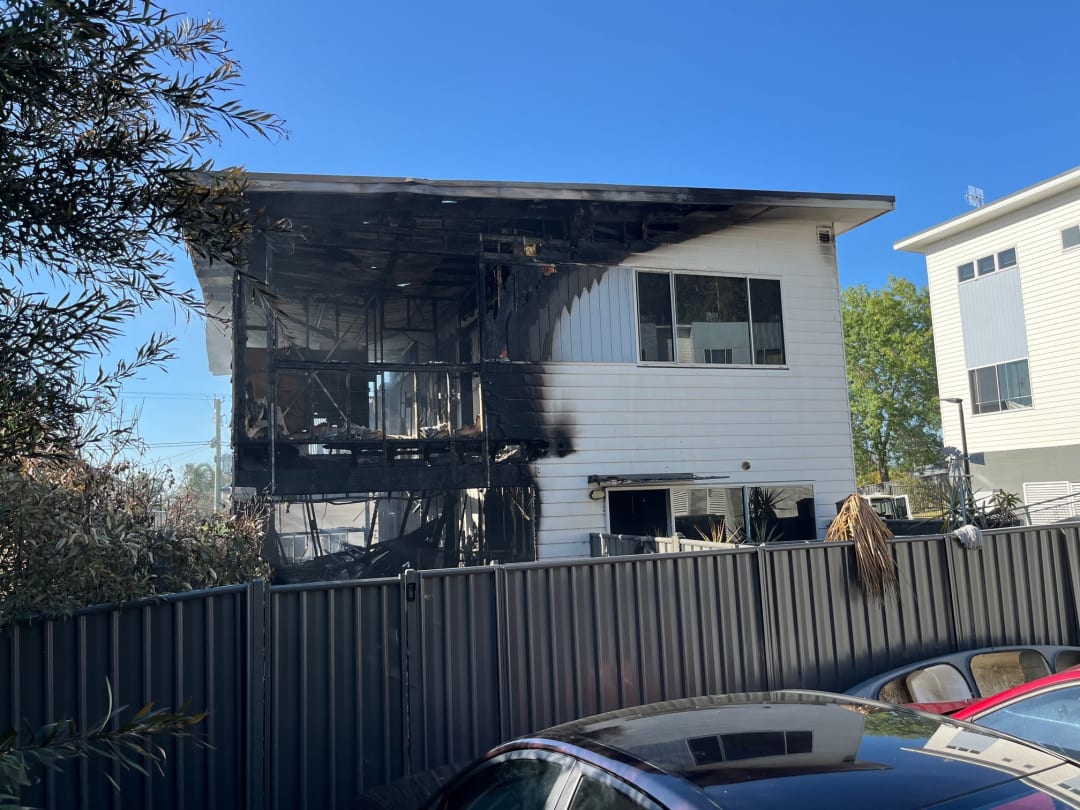Fire and Rescue New South Wales (FRNSW) said the fatal blaze started after a battery was compromised and immediately went into ‘thermal runaway,’ a process where a lithium-ion cell overheats and gives off toxic gases before exploding in flames.
Four people were inside the townhouse at Lake Macquarie when the fire broke out last Thursday. FRNSW said two occupants escaped but two died. The tragedy is understood to be the first fatal fire involving a lithium-ion battery in New South Wales.
An FRNSW spokesperson told pv magazine that a report will be prepared for the New South Wales Coroner who will formally decide the cause of the deaths.
FRNSW and NSW Police have declined to publicly identify the manufacturer of the battery involved in the incident.
FRNSW Commissioner Jeremy Fewtrell said lithium-ion batteries as they can be dangerous when overheated, damaged or compromised, warning that lithium-ion battery-related fires can be “extremely intense and volatile” and challenging for firefighters to extinguish because of the high heat.
Popular content
FRNSW is leading a cross-industry research program examining best-practice response to lithium-ion battery related fires, end-of-life lithium-ion battery hazard management, electric vehicle fires, and fire propagation in battery energy storage systems.
An outline of the Safety of Alternative and Renewable Energy Technologies (SARET) said “there is a general lack of guidance and provisions in building codes, standards, and legislation in relation to safety to address the potential risks from these emerging technologies and part of the problem is that we do not yet know enough about their probability of failure, their mechanisms of failure and potential consequences of failure.”
In a submission to the Australian Competition and Consumer Commission (ACCC) Lithium-ion batteries and Consumer Product Safety report in October 2023, the Australian Battery Industry Association (ABIA) said developing an industry-wide platform of data and information sharing on lithium batteries needs to be a priority.
ABIA Chair Stuart Hamilton told pv magazine that without the common platform of data sharing, it will be hard to create legislation, guidelines, education, and training.
“Because of the lithium battery industry’s infancy one of our priorities is the collation and sharing of information through all peak bodies, because there is a significant lack of understanding about lithium batteries which are very complex due to their chemistry variety,” he said.
This content is protected by copyright and may not be reused. If you want to cooperate with us and would like to reuse some of our content, please contact: editors@pv-magazine.com.


Perhaps premature writing and posting this article without knowing what sort of lithium battery and what it’s use was, as it will only help fuel anti-renewables hysteria. Hopefully it was a cheap scooter, bike or UAV battery improperly charged, not a house or vehicle battery system. Please consider this implication before writing such news articles in future.